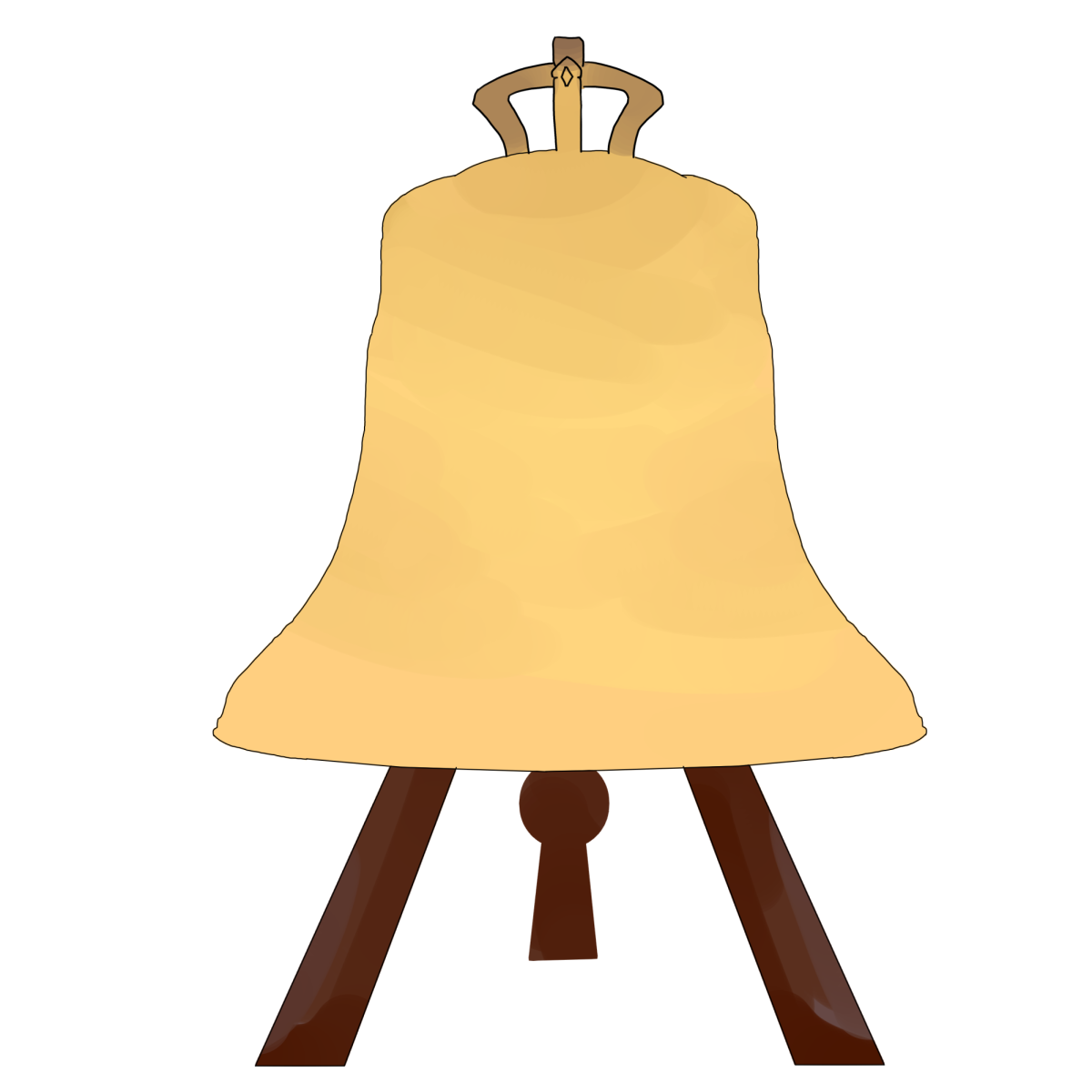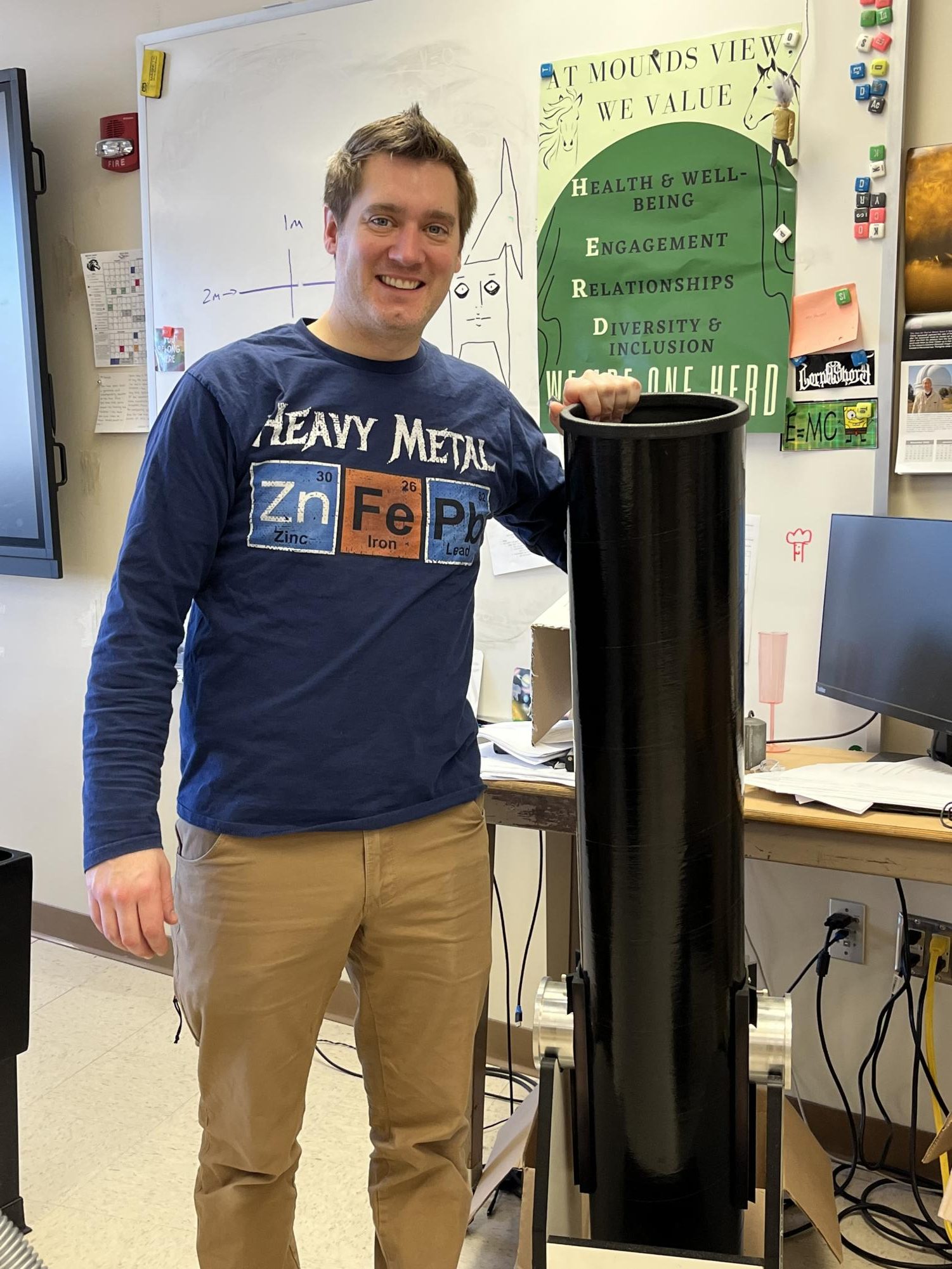
NASA’s Astronomy Activation Ambassadors program, a distinguished initiative for STEM teachers, recently selected Mounds View Teacher Jacob Hairrell, along with 18 other ambassadors, from thousands of applicants for the 2023 cohort. Hairrell, who teaches astronomy and physics, applied to the program in its early years but was unsuccessful. However, on his second attempt, he secured a spot in the program.
The Astronomy Activation Ambassador program aims to, according to NASA, enhance student science learning and STEM engagement in selected schools, districts and colleges. Through various community efforts, these ambassadors strive to improve astronomy literacy amongst the public through meetings, presentations and more.

Hairrell presents astronomy lessons at various venues, including the Minnesota Astronomical Society where the audience consists of multiple age groups. “I do my best to kind of appease all parts of that spectrum,” he said. “I’ll certainly have some of the hardcore science built in there, like sprinkled in, but it’s not going to be the primary focus because you’re going to lose those little kids.” Hairrell is dedicated to spreading astronomy literacy across all age groups by utilizing creative methods, such as bringing in items like food, to enhance the enjoyment of the educational experience.
Before embarking on his teaching career, Hairrell, a physics major, partook in a cosmology research group. “I started to get a seed of an interest in just astronomy in general there,” said Hairrell. Since then, Hairrell has maintained his passion for astronomy, with NASA fueling his fascination with the subject.
The Astronomy Activation Ambassadors program is publicly funded, and due to this, Hairrell makes sure that the information they produce is accessible to all. “We feel that there’s a real need and almost a requirement to get that information out to people,” said Hairrell. Hairrell makes sure to convey the developments of the program and tell people about astronomical research and innovation, such as the various telescopes in space and moon phases.
In the ambassador role, conflicts have arisen, primarily concerning the topics discussed. Despite the program’s aim to promote astronomy literacy, not all community members are supportive of its teachings and initiatives. “There are some topics that are a little controversial at times, and I have to be careful in how I approach those,” said Hairrell.
Hairrell has learned to be cautious when addressing controversial topics like the Big Bang Theory. “I don’t get upset with them, though. It’s my job as an educator to listen with intent [and] treat them with the dignity that they inherently deserve while attempting to address their misconceptions in a non-confrontational manner,” he said. In addition, Hairrell makes sure to meet the people at their current level of knowledge when explaining complicated and contentious topics.
Since Hairrell’s college years, astronomy has played a large role in his educational journey. Hairrell’s continued interest in astronomy is shown in how he teaches, and he looks forward to continuing his passion for astronomy by continuing his role in further improving the program’s astronomy curriculum.














![[DEBATES] Prestigious colleges: value or hype?](https://www.mvviewer.org/wp-content/uploads/2024/12/buildings-1200x654.png)
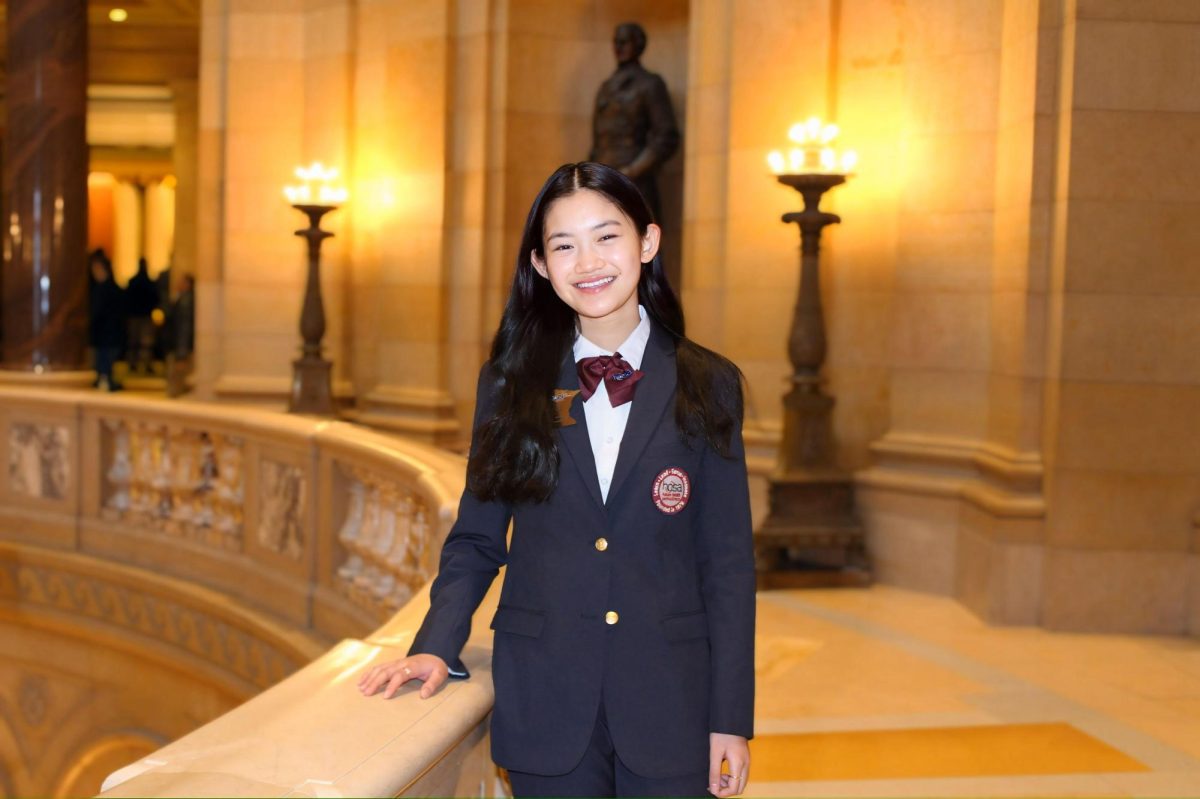

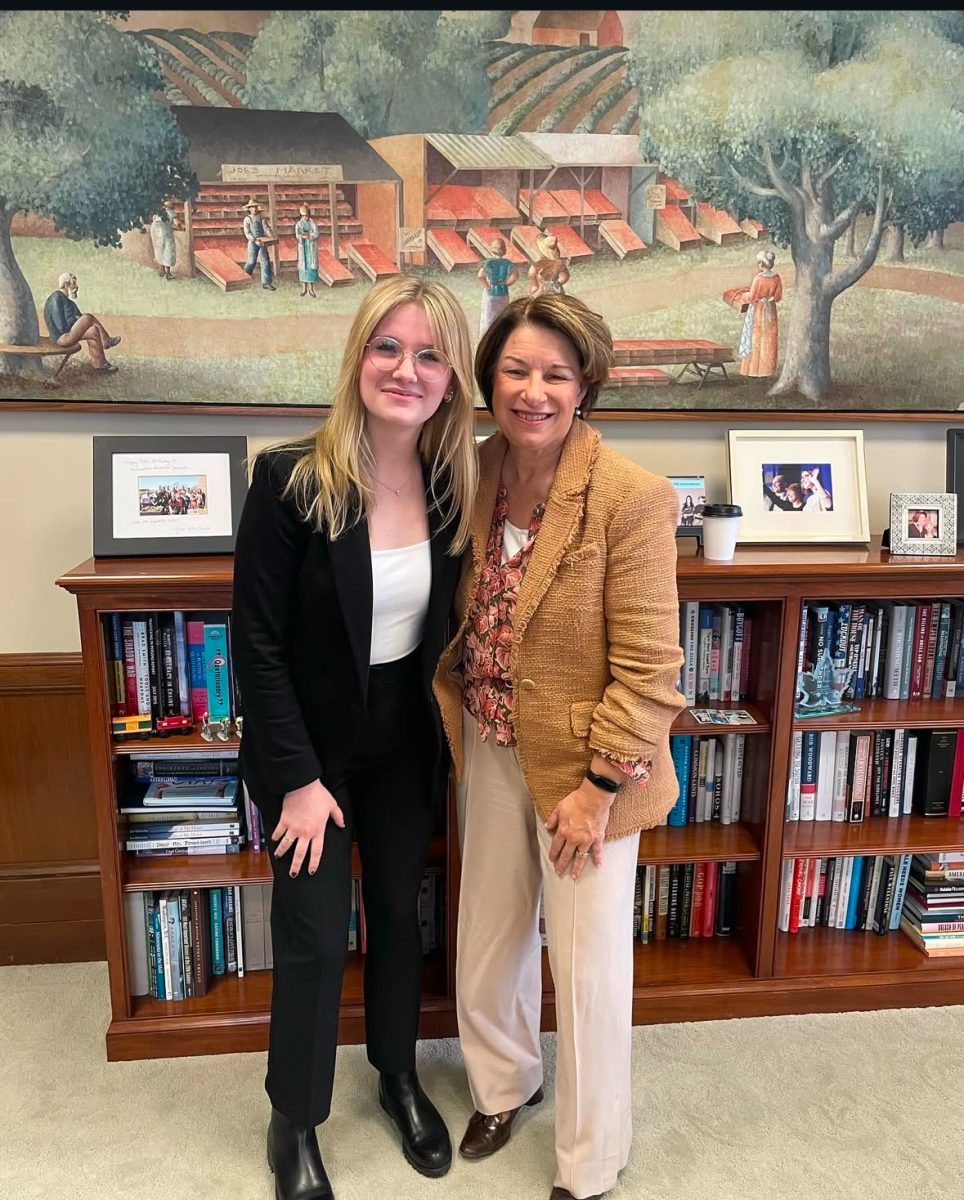
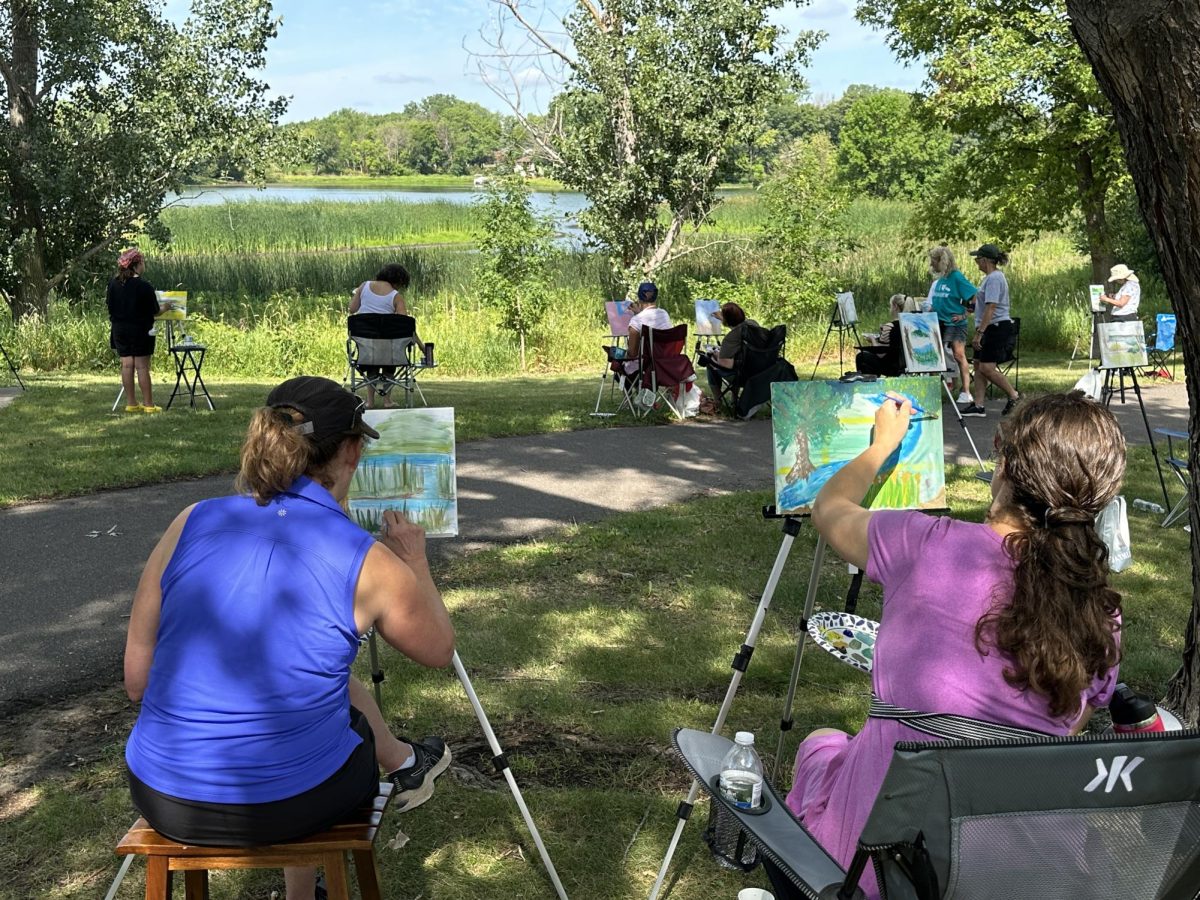


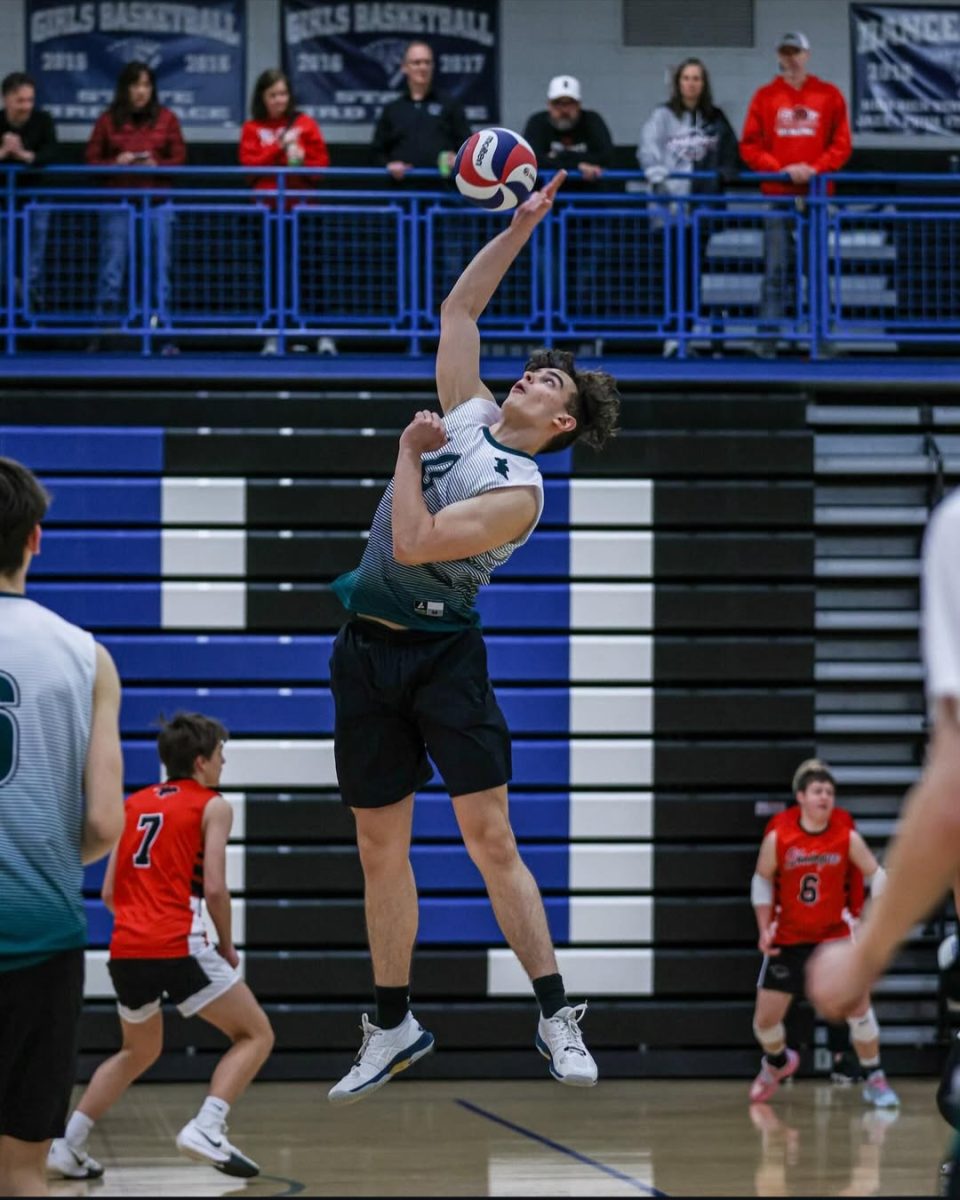
























![[OPINION] The dark origins of TikTok's looksmaxxing trend](https://www.mvviewer.org/wp-content/uploads/2024/02/Copy-of-Copy-of-Untitled-Design-1200x675.png)


